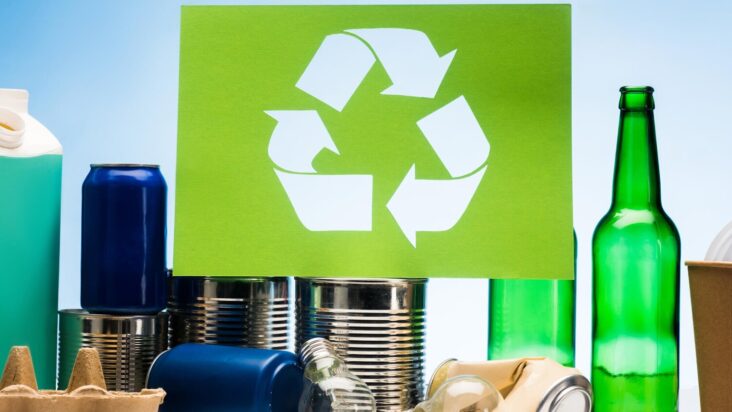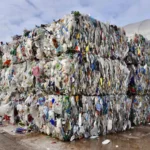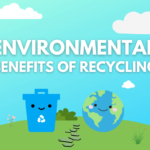Recycling is like a superhero for our planet. It helps save resources, reduce pollution, and keep our environment clean. But just like any superhero, recycling faces challenges and common misunderstandings. In this article, we’ll explore the challenges that recycling encounters and bust some of the common myths, all explained in simple English.
Challenges in the World of Recycling:
Recycling is fantastic, but it’s not without its obstacles. Let’s dive into some of the challenges:
- Contamination: Contamination in recycling bins is like having a little bit of villain mixed in with the hero. When non-recyclable items end up in the recycling bin, it can make the entire load unrecyclable. Contamination includes things like food residue on containers or putting plastic bags in the recycling.
- Limited Recycling Infrastructure: Not all places have the same recycling facilities. Some areas have more advanced recycling systems than others, making it harder for everyone to recycle everything.
- Sorting and Processing: Recycling plants have to sort through a mountain of materials to separate what can be recycled from what can’t. It’s like a giant puzzle, and it can be costly and time-consuming.
- Economic Challenges: The recycling market can be unpredictable. Sometimes, the prices for recycled materials drop, making it less profitable for recycling companies.
- Lack of Education: Not everyone knows the ins and outs of recycling. Some people are unsure about what can be recycled or how to do it properly.
- Behavioral Change: Changing habits can be tough. Convincing people to recycle more and waste less requires a shift in behavior and mindset.
Common Misconceptions About Recycling:
Now, let’s tackle some of the common myths that surround recycling:
- All Plastics Are Recyclable: Nope, not all plastics are created equal. While some plastics can be recycled, others are too complex or low in demand. Check your local recycling guidelines to see which plastics are accepted.
- Recycling is Pointless: This is a big myth! Recycling saves energy, conserves natural resources, and reduces pollution. It’s far from pointless.
- Recycling is Always Environmentally Friendly: While recycling is better than sending everything to the landfill, it’s not always the most eco-friendly option. Sometimes, it’s better to reduce or reuse items first.
- Everything Can Be Recycled: Unfortunately, not everything can be recycled. Certain materials, like ceramics and some glass, can’t go in the recycling bin. Always check your local guidelines.
- Recycling is Too Complicated: It might seem complicated at first, but recycling is actually quite simple once you get the hang of it. Just follow the guidelines in your area, and you’ll be a recycling pro in no time.
- Recycling is a Money-Maker: While recycling can be profitable, it’s not a guaranteed cash cow. The market for recycled materials can fluctuate, affecting profits.
How to Overcome Challenges and Myths:
Now that we know the challenges and myths, how can we overcome them?
- Education: Proper education about recycling is key. Teach people what can and can’t be recycled in their area, and the importance of following guidelines.
- Contamination Prevention: Ensure your recyclables are clean and free of non-recyclable items. Rinse containers and avoid putting things like plastic bags in the recycling bin.
- Support Recycling Programs: Encourage and support local recycling programs and initiatives. The more resources they have, the better they can handle challenges.
- Reduce and Reuse: Remember that recycling is just one part of the puzzle. Reducing waste and reusing items whenever possible are also important steps in the journey towards sustainability.
- Advocate for Improvement: If you believe recycling infrastructure in your area needs improvement, don’t hesitate to advocate for change. Support policies and initiatives that promote recycling.
Conclusion:
Recycling might have its challenges and myths, but it’s still a superhero in the fight against waste and pollution. By staying informed, following local guidelines, and advocating for better recycling practices, we can all contribute to a cleaner and greener planet. Recycling is a team effort, and together, we can make a big difference.


